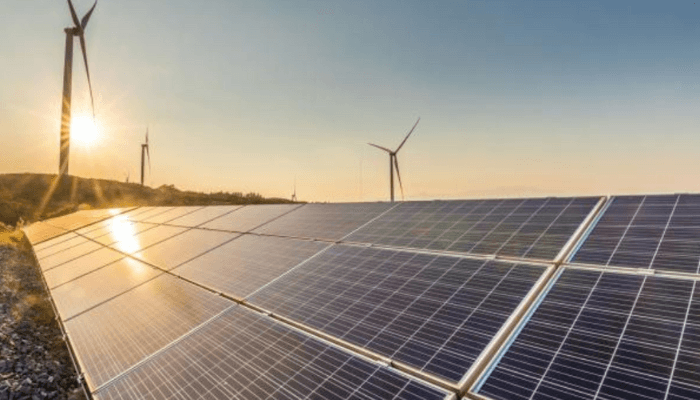Sustainable Energy for All (SEforALL) has signed grant agreements with 19 clean energy developers for the deployment of high capacity solar and battery storage systems to businesses and institutions across Nigeria.
This was achieved under its results-based financing multi-donor fund, the Universal Energy Facility (UEF), Stand-Alone Solar for Productive Use (SSPU) programme, according to a statement on Thursday.
These systems are expected to be fully installed and operational before the end of this year, it said.
“This marks a significant step forward in our shared vision for a sustainable future. By signing these grant agreements, the UEF is truly making a difference by empowering clean energy developers to bring their innovative solutions to life.” said Joseph Nganga, interim chief executive officer of Global Energy Alliance for People and Planet. “I’m incredibly proud of the UEF’s work and excited to see the positive impact these projects will have on many lives.”
At the signing of the agreements were Damilola Ogunbiyi, CEO and special representative of the UN secretary-general for SEforALL; Shubham Chaudhuri, country director of the World Bank, Nigeria; and Aminu Umar-Sadiq, managing director of the Nigeria Sovereign Investment Authority.
According to the SEforALL, reliable clean electricity for homes, businesses (SMEs), and institutions, transforms daily life. This unlocks economic opportunities and improves overall well-being.
“I am proud of the work we have all done to enable a better environment for the private sector to grow within the energy sector. The companies signing the grant agreements today are a testament to the policies that have been put in place and capacity building efforts made in the past decade to build the sector,” said Abba Aliyu, managing director, Rural Electrification Agency.
According to the statement, this expansion builds upon the success of the UEF’s initial launch of the SSPU programme in February 2023 when 10 developers received grants to deploy SSPU units in underserved or unserved communities. So far, over 1,600 systems have been installed, serving over 1,200 businesses and institutions such as health and educational facilities.
It said the UEF has achieved significant progress over the past year, not only in Nigeria but also in Benin, the Democratic Republic of the Congo, Madagascar, and Sierra Leone, with thousands of Africans benefiting from this facility.
The UEF is a multi-donor results-based finance facility established to speed and scale up energy access across Sub-Saharan Africa and beyond, in line with SDG7 and the Paris Agreement.
It provides incentive payments to eligible organisations deploying energy solutions and providing verified end-user electricity connections (including mini-grids and stand-alone solar systems) and clean cooking solutions based on predetermined standards.

